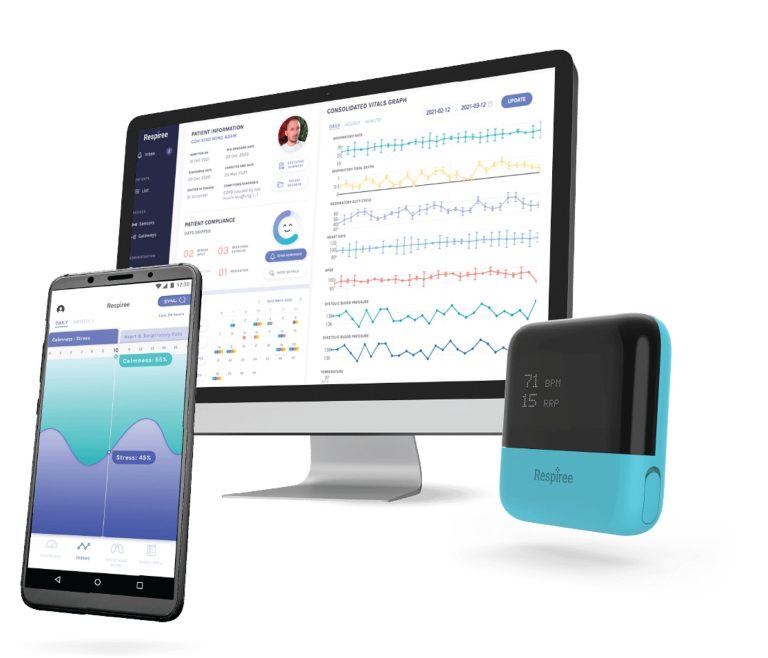Respiree and Roche are set to revolutionise patient monitoring with the launch of a new pilot programme in the Asia-Pacific (APAC) region. Scheduled for the first quarter of 2025, this initiative will integrate Roche’s cobas® pulse system with Respiree’s advanced vital sign monitoring technology, aiming to simplify and enhance patient care.
Traditional patient monitoring workflows often see nurses operating from centralised workstations, manually collecting and recording vital signs at set intervals. This approach can be inefficient due to limited workstation availability, multiple monitoring workflows, high patient volumes, and ongoing nursing shortages. The new collaboration between Respiree and Roche promises to address these issues by providing a more streamlined solution.
The cobas® pulse system, a cutting-edge point-of-care device, is equipped with digital health applications running on the Android operating system. This technology allows for real-time administration and visualisation of patient data, eliminating the need for centralised workstations. Meanwhile, Respiree’s solution, which measures a range of biometrics including pulse rate, oxygen saturation, respiratory rate, temperature, tidal volume, and inhalation-to-exhalation ratios, will be integrated into the cobas® pulse system. Additionally, it will have the capability to input blood pressure readings.
This integration will enable healthcare professionals to register patients on Respiree’s connected devices in real time, monitor historical data, and track potential clinical deterioration directly at the patient’s bedside. The new system allows for simultaneous measurement of vital signs and blood sugar levels and enables clinical notes to be annotated directly within the cobas® pulse system.
Dr. Gurpreet Singh, CEO and Founder of Respiree, commented, “The integration of Respiree’s technology with the cobas® pulse system has the potential to greatly enhance clinical workflows. Nurses will benefit from real-time access to patient vitals and historical data at the bedside, reducing the need for centralised workstations. This advancement not only streamlines the monitoring process but also allows for automated extraction and measurement of vital signs, eliminating the need for manual input and reducing the potential for errors.”
The pilot programme is expected to demonstrate significant improvements in patient monitoring efficiency and care quality, setting the stage for broader adoption in the healthcare sector.
For further details on the new patient monitoring solution and its anticipated impact, visit the Respiree and Roche websites.

